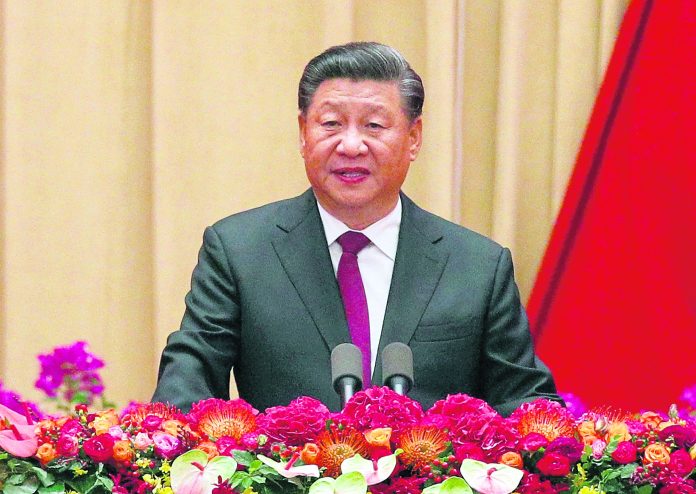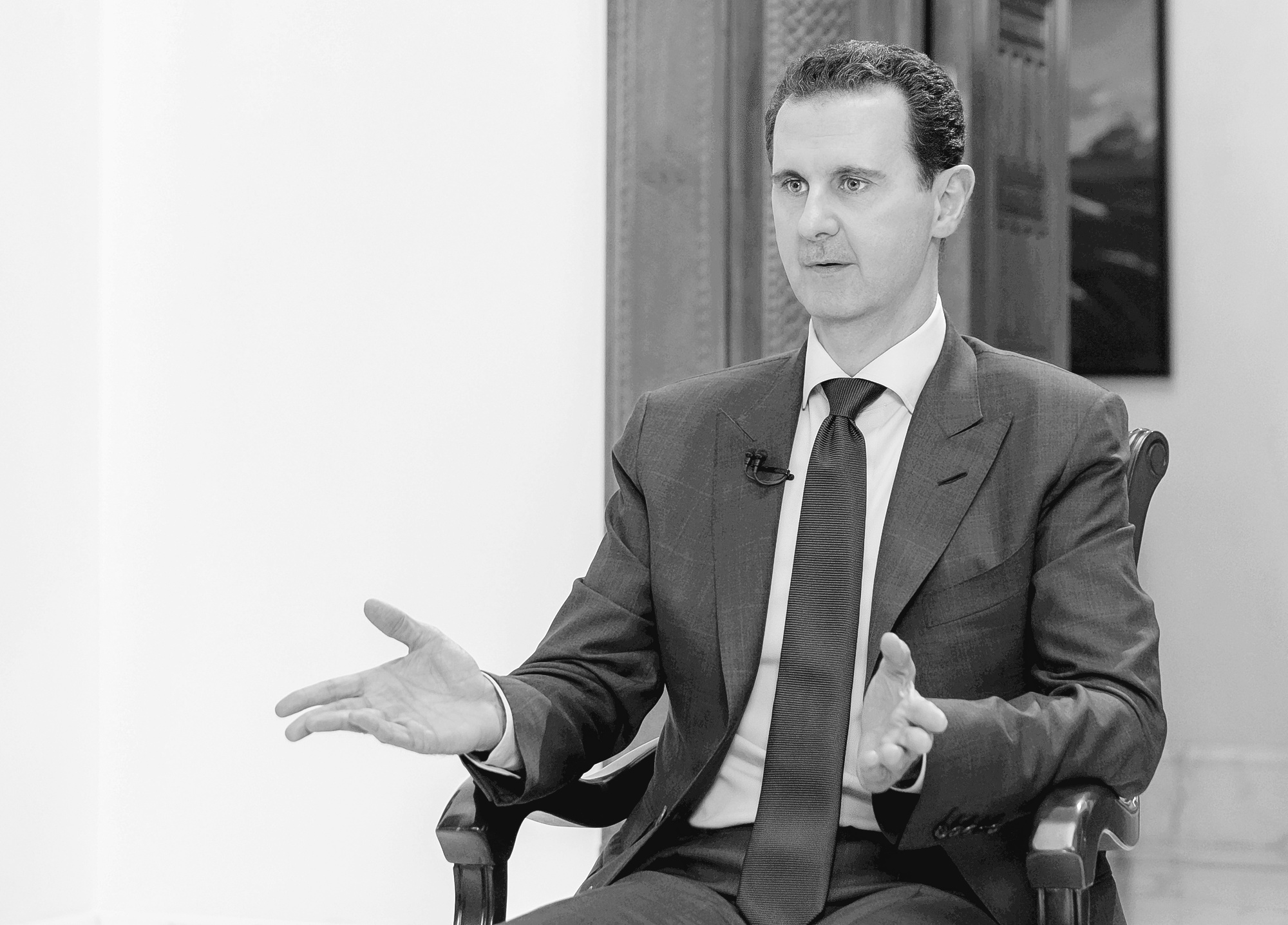
China’s ruling Communist Party is holding a key meeting this week amid a drastically slowing economy, ongoing protests in Hong Kong and pushback abroad against Beijing’s global ambitions.
The official Xinhua News Agency said the party’s 19th Central Committee opened its fourth plenary session Monday. It said Xi Jinping, the party’s leader and China’s president, discussed a draft document on strengthening party rule but gave no details.
The document addressed “some major issues concerning how to uphold and improve the system of socialism with Chinese characteristics and advance the modernization of China’s system and capacity for governance,” Xinhua said.
China’s economic growth slid to 6% in the third quarter of the year, its lowest level in almost three decades amid weakened domestic demand for everything from cars to apartments.
Although having little effect on the overall economy, the ongoing trade war with the U.S. has battered the export sector, even while Xi has vowed not to back down.
Meanwhile, the anti-government protests in the semi-autonomous territory of Hong Kong show no sign of abating in the face of the Beijing-backed government’s refusal to give in to demands for increased government accountability and direct elections for the city’s leader.
The chaos in Hong Kong has had knock-on effects in Taiwan, the self-governing island democracy that China claims as its own territory. Support for unifying with China under the “one country, two systems” framework in place in Hong Kong has dived to almost zero on the island, despite China’s repeated threats to annex it by force.
Internationally, nations in Southeast Asia and elsewhere are challenging Beijing’s assertion of sovereignty over virtually the entire South China Sea, while countries such as Australia have protested alleged party interference in their domestic politics.
Chinese telecoms equipment giant Huawei has seen both its reputation and business suffer as the result of a concerted U.S. campaign to reject it as a threat to national security.
Xi’s signature “Belt and Road” infrastructure initiative for Asia and beyond has increasingly come under fire from critics who say Beijing is miring other nations in debt to pay for projects they don’t need or can’t afford.
Yet the 90 million-member party shows no sign of relaxing its iron grip on control, with Xi, who also heads the powerful military, having revised the constitution to remove presidential term limits, while repression against political opponents remains relentless.
In addition, the party has long rejected adopting Western democratic concepts such as universal suffrage, judicial independence or a free press.
What if any changes the roughly 200 Central Committee members intend to enact won’t be known until after the plenary concludes on Thursday.
Experts say the party will likely skirt controversial issues to focus on ensuring stability in the years to come.
“The purpose of having the meeting is to ensure the party’s long-term governance of the country,” said Tang Renwu of Beijing Normal University’s School of Governance. “The country must be ruled with a well-designed system that can’t change due to the change of the state leader.”
Xi himself generally appears defiantly optimistic about the prospects for the future.
“No force can shake the status of our great motherland, and no force can stop the progress of the Chinese people and the Chinese nation,” Xi said in an address ahead of a lavish Oct. 1 military parade marking the 70th anniversary of the founding of the communist state.q



















